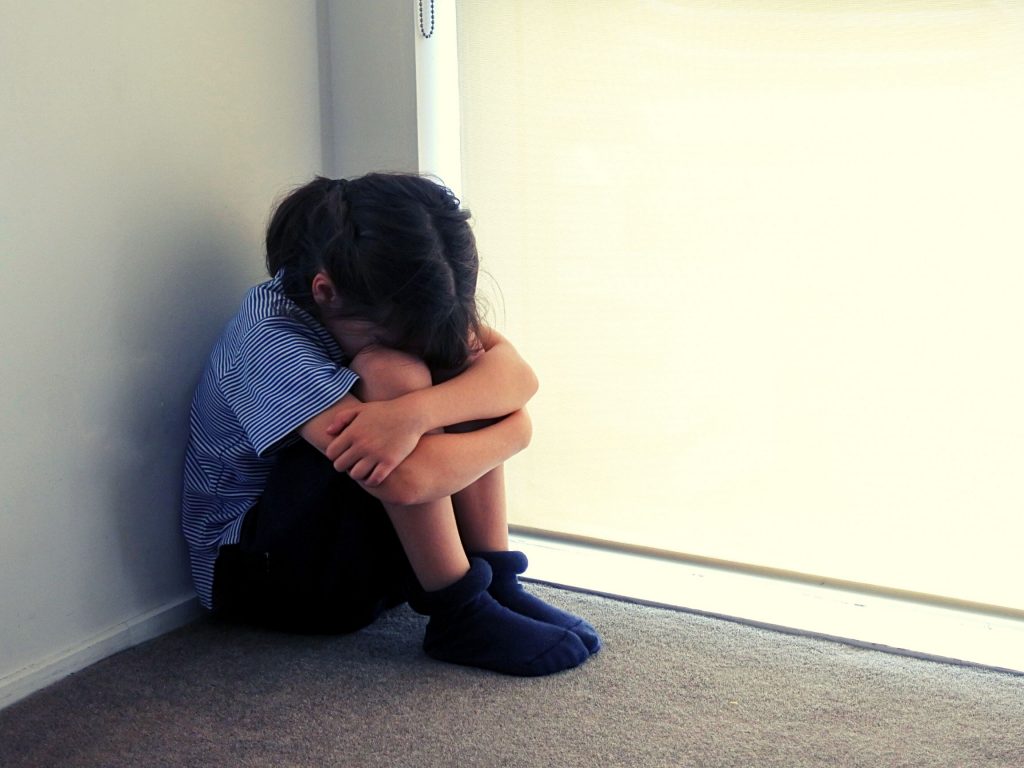Kids are always innocent by themselves, so are their activities. We can see them flying here and there without any concerns or fear of their own. They are always in a world of fantasies. They get excited with minute things which might seem to be so unimportant for us! Children explore the world and they are curious about everything they see.

As our kids grow, they start observing and identifying everything they come across. Slowly they will realize that their parents (father and mother) don’t share the same anatomy. With curiosity in their minds, they may end up in the wrong ways in discovering these differences in their genitals, puberty changes and sex. As parents, it is important to clear our kids’ doubts and questions in a way they understand. While we may be tempted to delay as long as possible, talking to our kids early, openly is the best choice.
Importance of such a conversation
As parents, it is natural to feel awkward involving ourselves in a conversation about private body parts. Even adults hesitate to discuss these. Moreover, we would also be confused about how and what to say and how much to talk about. All these will either stop us from starting such talk or will compel us to stop the conversation as early as possible.

Kids learn much more about their private parts much before we parents expect them to. Instead of keeping them ignorant, it is always better to give them the right information at the right time otherwise our children will depend on their peer groups or the internet for accessing more information. This might mislead them in the future.
Finding the right time to talk
The earlier the better. Right from the time a child is born he/she starts learning from observation. According to experts, parents should start creating awareness to children in their age-appropriate manner about their private parts.

This should begin during their toddler years. Out of curiosity kids themselves ask questions about their body parts. Use these opportunities to teach them the names of their genitals. Satisfy their curiosity. Bath time and dressing time must be ideal to engage in such talks.
Always be real and honest
As parents, we might feel strange to teach the name of genitals at a very young age. But it is okay to teach children that these are private parts and the words like penis and vagina at a later stage. It must be ensured that they know these names and realize that there is no shame in naming or speaking of their genitals when used in an appropriate context.

As kids grow, they’ll start asking more and more. They’ll ask us how they were made, it is up to us to clarify their doubts in an age-appropriate way. We can explain that they came from mama’s tummy. Once they grasp it, they are sure to come with more doubts. Share details slowly, honestly and factually. Open the door for questions from the baby, don’t tell all at once.
Teaching the boundaries
This being the most important should be taught without fail. Emphasize that our kids’ bodies and their genitals are very private. They must understand the significance of keeping it safe. Other people do not possess any right to see or touch their private parts. As parents, we can tell our kids that only Mama, daddy and sometimes their paediatrician should see or touch their private parts in case they need them while nursing, not otherwise. As they grow, complete ownership of their body belongs to them.

As parents, it is our responsibility to make them realise that they must be very cautious with who touches them and where. Boundaries are important in terms of safety and consent. They must know how to say no to someone who cross such boundaries.
Keep Talking
Build a rapport with your kids. Ideally, we’ll have to initiate mini-conversation with kids regarding their body parts starting from the time kids begin talking. This will make them realize that this is not something to be ashamed of, that their bodies are not secret and it is their right to know and learn about this. Give them small snippets of information. Gradually educate them according to their age and understanding.
Is this important?
Yes, it is. If we lack the courage and think of explaining it all when they grow, it’s going to be difficult. The world has changed. Studies have proven that kids who are made aware of their private parts within the family are less likely to suffer sexual abuse.

This brings us to the conclusion that the more we communicate to our children as they grow, the safer they will be in the future. It is perhaps the parents who have openly shared to their kids about their genitalia and their boundaries have protected their kids from being a victim of child abuse.
Be their source of information
If we as parents share open and honest conversations right from their childhood, our kids will feel secure. This has paved the way to share many things which they need to know throughout their childhood and adolescence.
It’s easy!
If the child has never heard his parents talking about private parts of their bodies, the child may interpret it as something very shameful. They will no longer feel free to share anything related to their body parts or when someone has wrongly behaved with them or touched them with wrong intentions. To avoid this we must become someone with whom they can freely share all their stuff.

As parents, we must be able to win the trust of our children. Only then our kids will have the confidence to open up all their issues with us. With small talks and conversations, this can be done. Let us be the source of their information and a place to get all their doubts clarified.
Believe yourself, it’s not that difficult. And not a bad thing which needs to be kept secret. Providing children with accurate, age-appropriate information is one of the most important things that should be done to ensure that our children grow up safe, healthy and secure in their bodies with confidence. The earlier the better! Happy parenting!
